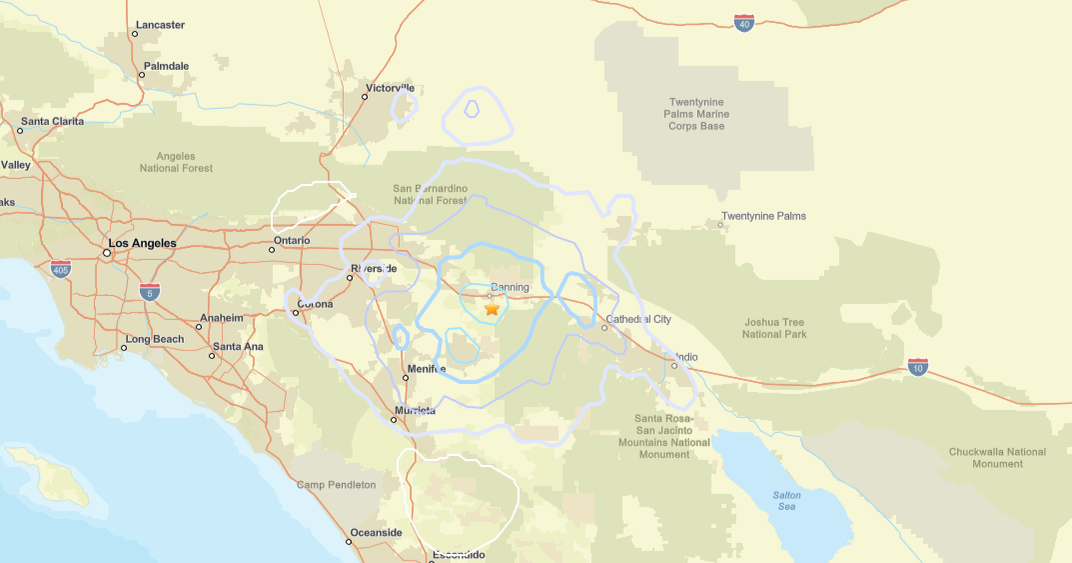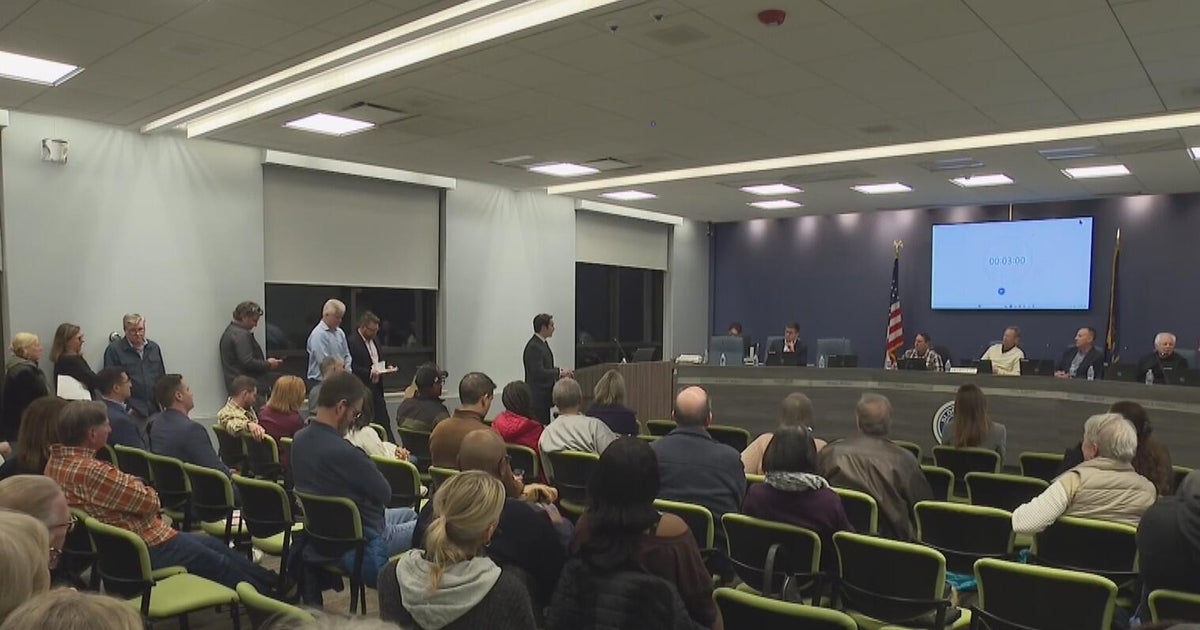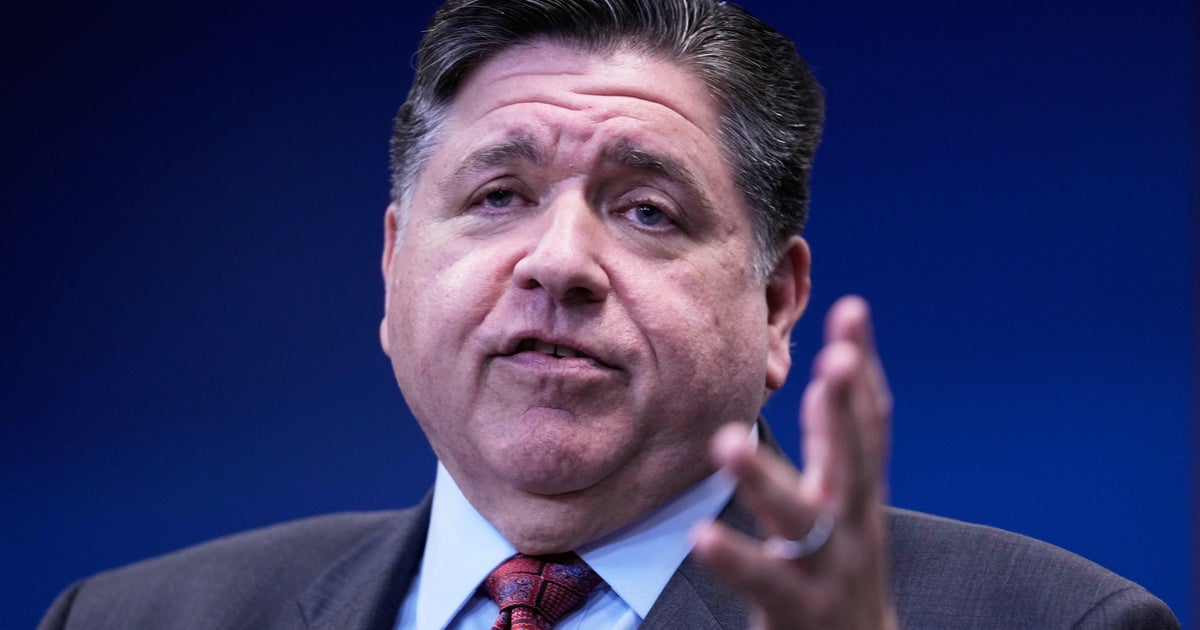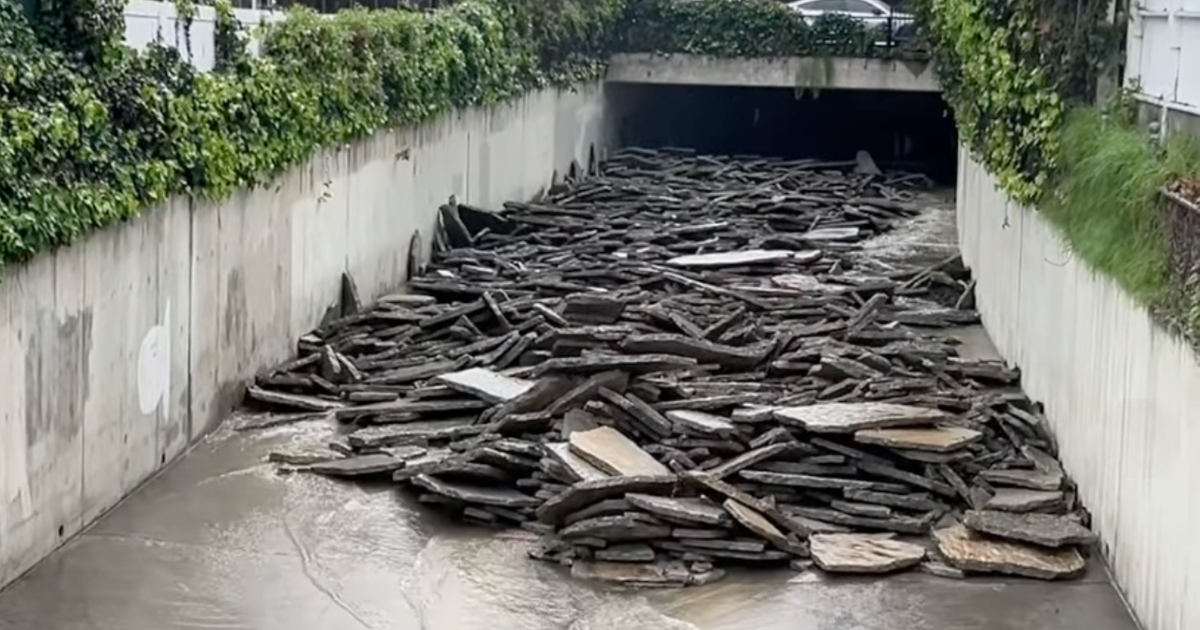Texas Proposes Tougher Rules On Wells After Quakes
DALLAS (AP) - The Texas Railroad Commission has proposed tightening regulations for injection wells as scientists explore a potential link between high-pressure wastewater disposal and the earthquakes rattling North Texas.
The oil and gas regulator's newly hired seismologist, Dr. Craig Pearson, testified Monday before a Texas House subcommittee on seismic activity, saying that earthquakes are regularly recorded, though at magnitudes too small to be felt.
He says the existing rules for injection wells were designed to protect against groundwater contamination, but not seismic activity.
"Because we're now dealing with induced seismicity, the worry is not only about water moving up but out to dormant faults," he said.
Seismologists already know that hydraulic fracturing - which involves blasting water, sand and chemicals deep into underground rock formations to free oil and gas - can cause microquakes that are rarely strong enough to register on monitoring equipment.
Fracking also generates vast amounts of wastewater, far more than traditional drilling methods. The water is pumped into so-called injection wells, which send the waste thousands of feet underground.
Small earthquakes that occurred at the Dallas-Fort Worth airport from October 2008 to May 2009 stopped after one company shut down one of the two injection wells it operated on the airport property.
University of Texas researchers studied seismic data gathered in the Barnett Shale between 2009 and 2011. Cliff Frohlich, senior research scientist at the university's Institute for Geophysics, concluded that "injection-triggered earthquakes are more common than is generally recognized."
Residents from the towns of Azle and Reno, about 50 miles west of Dallas, traveled to the state Capitol earlier this year to ask the Railroad Commission to consider shutting down injection wells, but the commission said it didn't have enough information that the wells caused the temblors.
The commission is now proposing that applications for drilling permits include information from the United States Geological Survey and injection well operators, in some cases, be required to disclose daily injection volumes and pressures. New rules would also give the Railroad Commission the authority to modify, suspend or terminate permits for disposal if the wells are believed to be causing earthquakes.
"We're making these rules available so as to begin the task of achieving better regulation of disposal activities in the state of Texas," Pearson said.
Azle Mayor Alan Brundrett calls the proposed rules, which will be published Friday in the Texas Register, "a good first step."
A public comment period is open until Sept. 29.
(© Copyright 2014 The Associated Press. All Rights Reserved. This material may not be published, broadcast, rewritten or redistributed.)
Latest News:
Top Trending:







